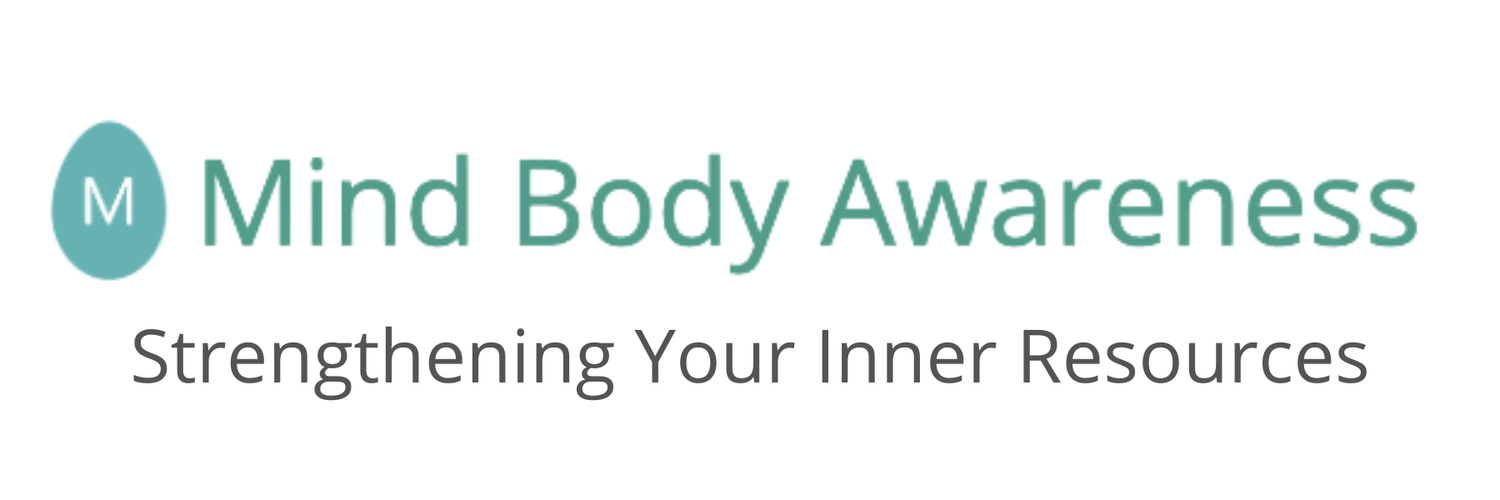Exploring the 7 Basic Needs in Rapid Transformational Therapy
In the journey of personal growth and self-discovery, understanding the core needs that shape our emotional well-being becomes paramount. Rapid Transformational Therapy (RTT) delves into the depths of our psyche, revealing that beneath the surface of addiction and alcoholism lies a common thread – the profound sense of unworthiness. In this blog post, we'll explore the seven basic needs, evolving from childhood to adulthood, and how addressing these needs can lead to transformation and healing.
To be Loved: The Foundation of Emotional Wellness
Our journey begins with the fundamental need to be loved. As children, love provides the nurturing environment necessary for healthy development. In RTT, Marissa Peer emphasizes the significance of love as the cornerstone of emotional well-being. Acknowledging and fulfilling this need lays the groundwork for addressing deeper issues.
To be Safe: Creating Emotional Sanctuaries
Safety extends beyond physical protection; it encompasses emotional security. In the context of addiction and alcoholism, exploring the sense of safety becomes crucial. RTT aims to identify and address any underlying insecurities, allowing individuals to create emotional sanctuaries within themselves.
Significant Connections: Weaving the Tapestry of Relationships
As we grow, the need for significant connections emerges. RTT recognizes the impact of meaningful relationships on our mental health. Unraveling the complexities of addiction involves understanding the role of connections, both in the past and present, and fostering healthy relationships.
Connected: Bridging the Gaps within Oneself
Beyond external connections, RTT delves into the internal world, emphasizing the importance of being connected with oneself. Addiction often stems from a disconnection within, and RTT seeks to bridge those gaps, fostering self-awareness and self-acceptance.
To be Seen: Unmasking the True Self
Adolescence brings forth the need to be seen, recognized for who we truly are. In the realm of addiction, individuals often hide behind masks. RTT encourages the unveiling of the authentic self, addressing the fear of being truly seen and accepted.
To be Heard: Breaking the Silence of Inner Struggles
The adolescent cry for autonomy and expression manifests in the need to be heard. RTT acknowledges the power of expression in the healing process. By providing a platform for individuals to voice their inner struggles, RTT facilitates a transformative dialogue within.
To be Celebrated: Embracing Self-Worth
The pinnacle of emotional fulfillment lies in the need to be celebrated. RTT works towards cultivating a sense of self-worth, enabling individuals to celebrate their strengths and achievements. This celebration becomes a crucial antidote to the unworthiness that often underlies addiction.
RTT is a super power that helps serve as a guiding light on the journey towards understanding and addressing the seven basic needs. By unraveling the layers of addiction and alcoholism, RTT paves the way for a profound transformation, ultimately leading individuals towards a life filled with love, safety, significant connections, self-acceptance, and celebration of their inherent worth.
If you would like to learn more about this form of therapy, we have a RTT Therapist at Mind Body Awareness. Sign Up for an exploratory call and we can see if it is a fit for you.
Jennifer Degen
March 25, 2024
Categories
Select Category...
- Alberto Villoldo
- Ancestral Superfoods
- Art
- Attunement
- Body
- Boundaries
- Breathwork
- Buddhist Tradition
- Chanting
- Community
- Contentment
- Creative Expression
- Creativity
- Crystal Healing
- Daily
- Deep Rest
- Diet
- Digestive Health
- Embodied Living
- Food
- Gratitude
- Habit Patterns
- Hakomi therapy
- Hatha
- Healing
- Health
- Health Wellness
- Healthy Diet
- Hypnosis
- Hypnotherapy
- Intelligence
- Intention
- Intuition
- Kundalini
- Kundalini Yoga
- Leaning In Podcast
- Leslie Yerger
- Life Purpose
- Mandala
- Marriage Advice
- Meditation
- Mind-Body Wellness
- Mindfulness
- Morning Practice
- Neuroscience 101
- Nourish and Flourish
- Outdoor Sports
- Overcoming Negativity Bias
- Parenting
- Partnerships
Featured Blogs








